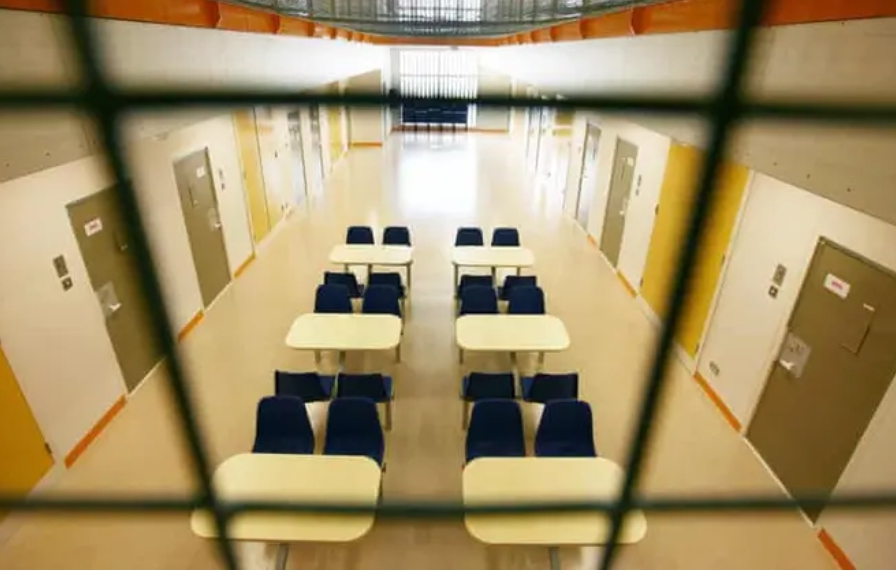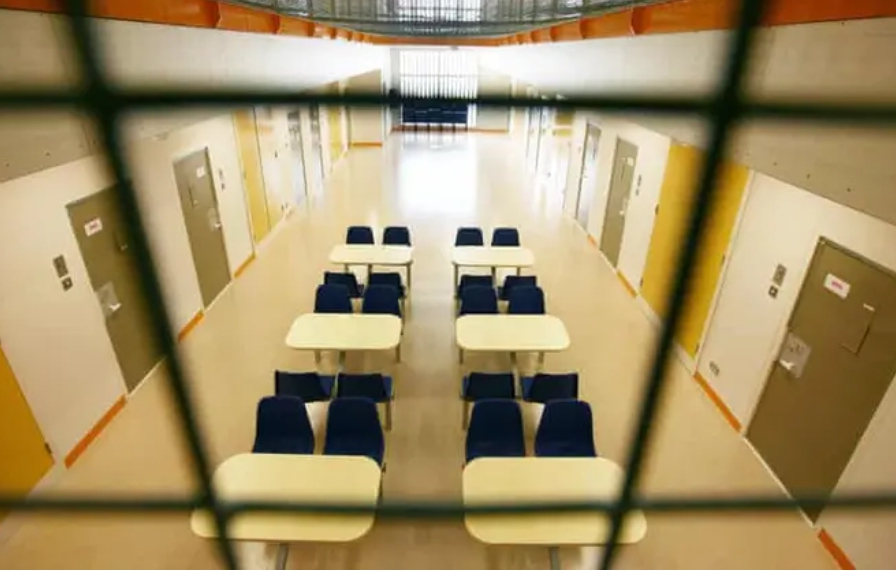
In a landmark development, the first-ever public inquiry into abuses at a UK immigration detention centre has unveiled a harrowing picture of a “toxic culture,” numerous human rights breaches, and the use of racist language by some staff towards detainees.

The 711-page inquiry report calls for substantial reforms in immigration detention practices, including the introduction of a 28-day time limit.
According to The Guardian on Tuesday, September 19, 2023, this inquiry was initiated by the former Home Secretary, Priti Patel, following an exposé by the BBC’s Panorama program. The undercover footage, captured between April and August 2017, documented instances of violence and abuse against vulnerable detainees at the Brook House immigration removal centre, located near Gatwick Airport.
After more than three years of investigation, the report identified 19 instances where credible evidence of mistreatment was found, violating Article 3 of the European Convention on Human Rights, which prohibits torture, inhuman or degrading treatment, or punishment. The most alarming incident involved the application of pressure to a detainee’s neck while in extreme distress. Other incidents included the repeated use of a dangerous restraint technique and the forceful movement of detainees who were naked or nearly naked.
The report also criticized the “toxic” culture among employees of G4S, the Home Office contractor responsible for Brook House during the Panorama exposé, as well as Serco, G4S’s successor. Failures in safeguarding rules and procedures, excessive use of force, and inadequate measures to prevent the use of psychoactive drugs were all identified.
The report also highlighted shortcomings in healthcare provision, citing a lack of empathy and, at times, a mocking approach to detainees’ well-being.
While the inquiry initially focused on issues arising from the Panorama revelations, it also addressed broader immigration detention concerns. The report makes 33 recommendations for urgent changes, including the introduction of a 28-day detention time limit, an improvement in oversight of Home Office contracts, and a clear directive on the use of force as a last resort.
Kate Eves, the chair of the inquiry, emphasized the need for the recommendations to ensure not only that such abuses would not recur at Brook House but also to create a more humane and compassionate environment for immigration detention across the UK.
The report’s findings are a significant setback for both the Home Office and G4S. Eves rejected the narrative that the abuses were the result of a small minority of G4S staff, raising questions about the viability of the Home Office’s plans to expand immigration detention, particularly for asylum seekers.
One of the most shocking incidents involved a detention custody officer, Yan Paschali, who aggressively confronted a detainee, using profane language and physical intimidation. Eves emphasized that detention facilities should uphold the welfare and dignity of those in their care, and criticized Brook House during the time of the events for not being “sufficiently decent, secure, or caring.”
In response, the Home Office acknowledged the abuse as unacceptable and stated that significant improvements had been made to uphold the welfare and dignity of detainees. G4S expressed its commitment to reviewing the recommendations and acknowledged the inexcusable behavior of some former employees.
The Brook House Immigration Removal Centre inquiry serves as a stark reminder of the need for comprehensive reform and oversight in immigration detention practices to ensure the humane treatment of all individuals held in such facilities.




